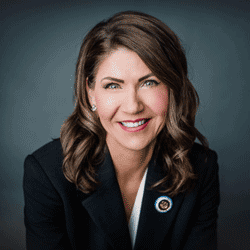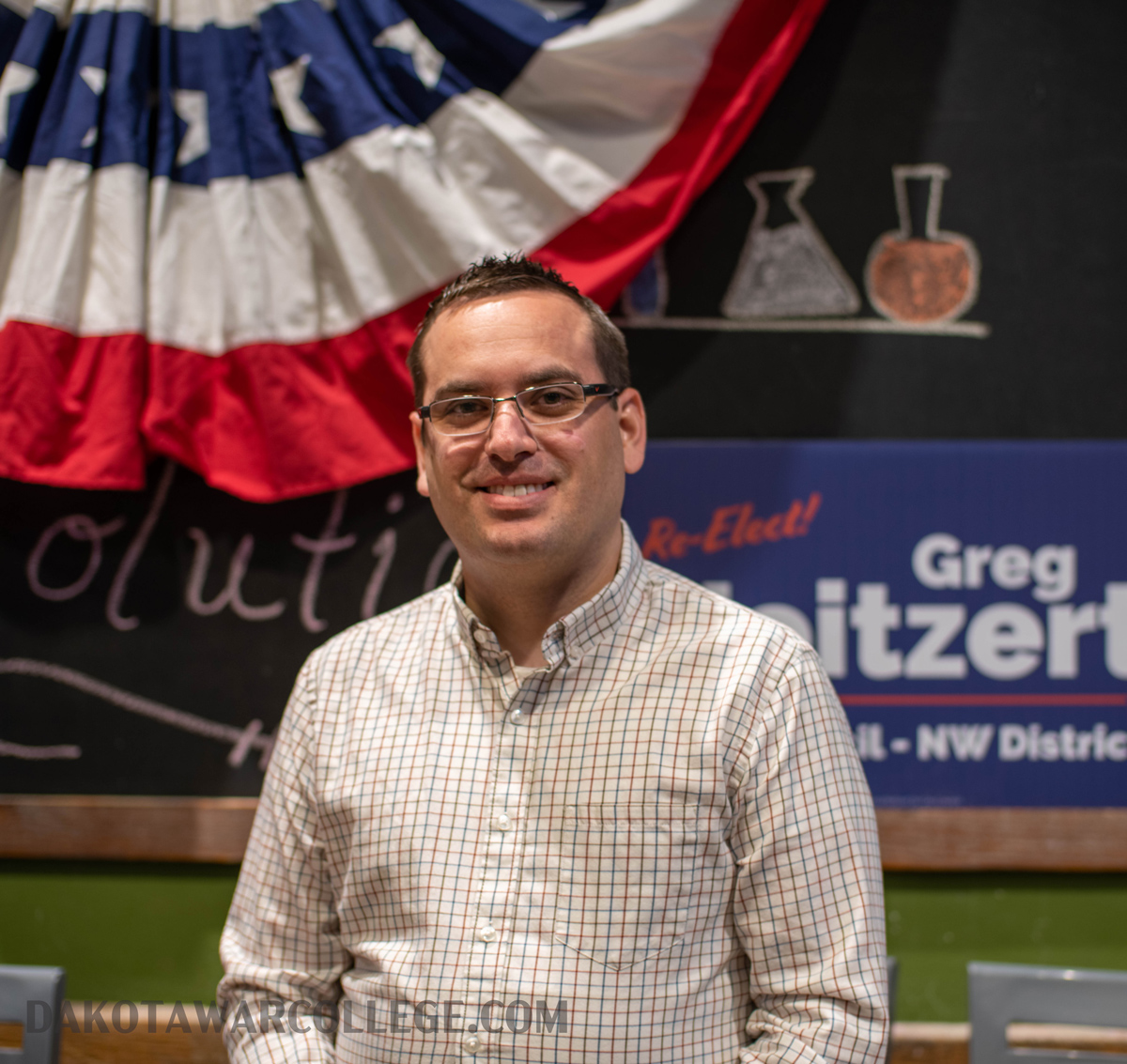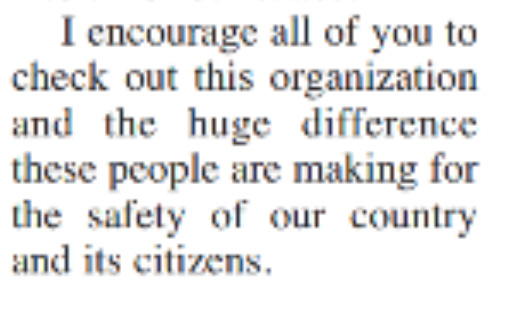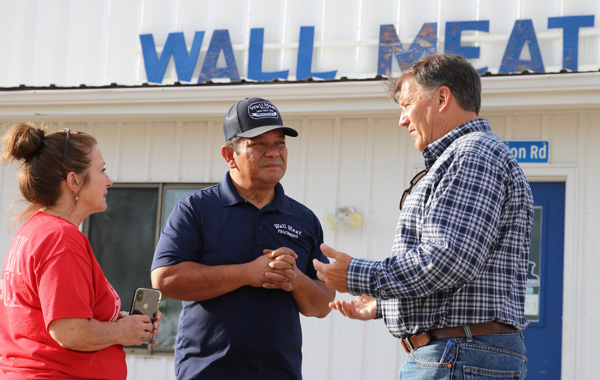

A Little Bit of Commonsense Goes a Long Way
By Sen. John Thune
“I’ve always thought that when we Americans get up in the morning, when we see bacon, eggs, toast, and milk on our breakfast table, we should give thanks that our farmers are survivors. You are the real miracle workers of the modern world – keepers of an incredible system based on faith, freedom, hard work, productivity, and profit – a system that feeds us and sustains millions of the world’s hungry.”
When President Reagan delivered that message to the American people in 1982, the U.S. agriculture economy was in the throes of a severe recession. South Dakota’s farmers and ranchers are familiar with adversity, and while today’s agriculture economy technically isn’t in a recession, technicalities don’t matter. Times are really tough, and an already sluggish agriculture economy has been accentuated by the hurdles of the COVID-19 pandemic.
Farm and ranch families know I’m in their corner, no matter the circumstances. While the farm bill is one of the best chances to enact meaningful and long-term policy changes, it only comes around every five years, at the earliest. Conditions in farm country can change on a dime, though, which means we don’t have the luxury of sitting around and waiting for the next farm bill to come around. I’m always learning from and listening to South Dakota’s agriculture community and acting when necessary.
In 2019, many producers throughout the Great Plains, including South Dakota, weren’t able to plant their fields due to extreme weather events. Given the reality of a late planting season, many producers turned to cover crops on their prevented plant acres, of which there were nearly 4 million acres in South Dakota alone. While it’s a good option for producers, a U.S. Department of Agriculture (USDA) Risk Management Agency rule prohibited haying or grazing prevented plant acres prior to November 1 each year without a reduction in producers’ prevented plant payments.
Anyone who’s spent a fall or winter in South Dakota knows that by the time November rolls around, we’ve likely already encountered frost or snow – not exactly the kind of weather that’s conducive to growing crops outdoors. Having a single date for every corner of the country just doesn’t make sense. I’ve repeatedly delivered that message to USDA, and after working with them for several months last year, they moved up the haying and grazing date to September 1, which is far more manageable for our producers.
USDA’s administrative change only applied to 2019, but if the arbitrary, late-in-season date didn’t make sense last year, why does it make sense this year or any year going forward? On March 12, 2020, I introduced the Cover Crop Flexibility Act of 2020 to provide a permanent and common-sense solution to this problem. My bill would eliminate the arbitrary November 1 date restriction and allow producers to hay or graze cover crops on prevented plant acres outside of the primary nesting season, which ends August 1 each year in South Dakota.
Until Congress is able to act on my legislation, I asked USDA to simply extend the change they made in 2019 through the 2020 planting season. While we ran into a bit of resistance at first, we kept pressure on USDA leadership, who ultimately relented.
On August 17, USDA announced it would allow producers with excess moisture and flooding to hay, graze, or chop cover crops on prevented plant acres beginning September 1 in Beadle, Brown, Brule, Campbell, Clark, Codington, Day, Edmunds, Faulk, Hand, Hanson, Hyde, McPherson, Marshall, Potter, Roberts, Sanborn, Spink, and Walworth counties.
I’m glad producers were ultimately given a reprieve this year, but the fact that USDA has made this change two years in a row highlights the importance of passing my Cover Crop Flexibility Act. Commonsense should prevail on this issue, and I can assure South Dakota producers that I’ll be pushing for its passage to avoid similar obstacles next year and beyond.
###

 Governor Noem Signs Executive Order for Educational Flexibility
Governor Noem Signs Executive Order for Educational Flexibility
 SIOUX FALLS, SD: Today, Councilor Greg Neitzert requested the Sioux Falls Board of Ethics release all information regarding a politically motivated and coordinated attack against him.
SIOUX FALLS, SD: Today, Councilor Greg Neitzert requested the Sioux Falls Board of Ethics release all information regarding a politically motivated and coordinated attack against him.




 Most recently, I was in the Wall area to meet with local ranchers to update them on legislation we’ve been working on to correct some of the ongoing issues plaguing the cattle market. I also stopped by a local meat processing facility and got to meet with Ken Charfauros, who has been the owner of Wall Meat Processing since 2017.
Most recently, I was in the Wall area to meet with local ranchers to update them on legislation we’ve been working on to correct some of the ongoing issues plaguing the cattle market. I also stopped by a local meat processing facility and got to meet with Ken Charfauros, who has been the owner of Wall Meat Processing since 2017.

 In 1963 Martin Luther King Jr. famously declared “I have a dream that my four little children will one day live in a nation where they will not be judged by the color of their skin, but by the content of their character.”
In 1963 Martin Luther King Jr. famously declared “I have a dream that my four little children will one day live in a nation where they will not be judged by the color of their skin, but by the content of their character.”